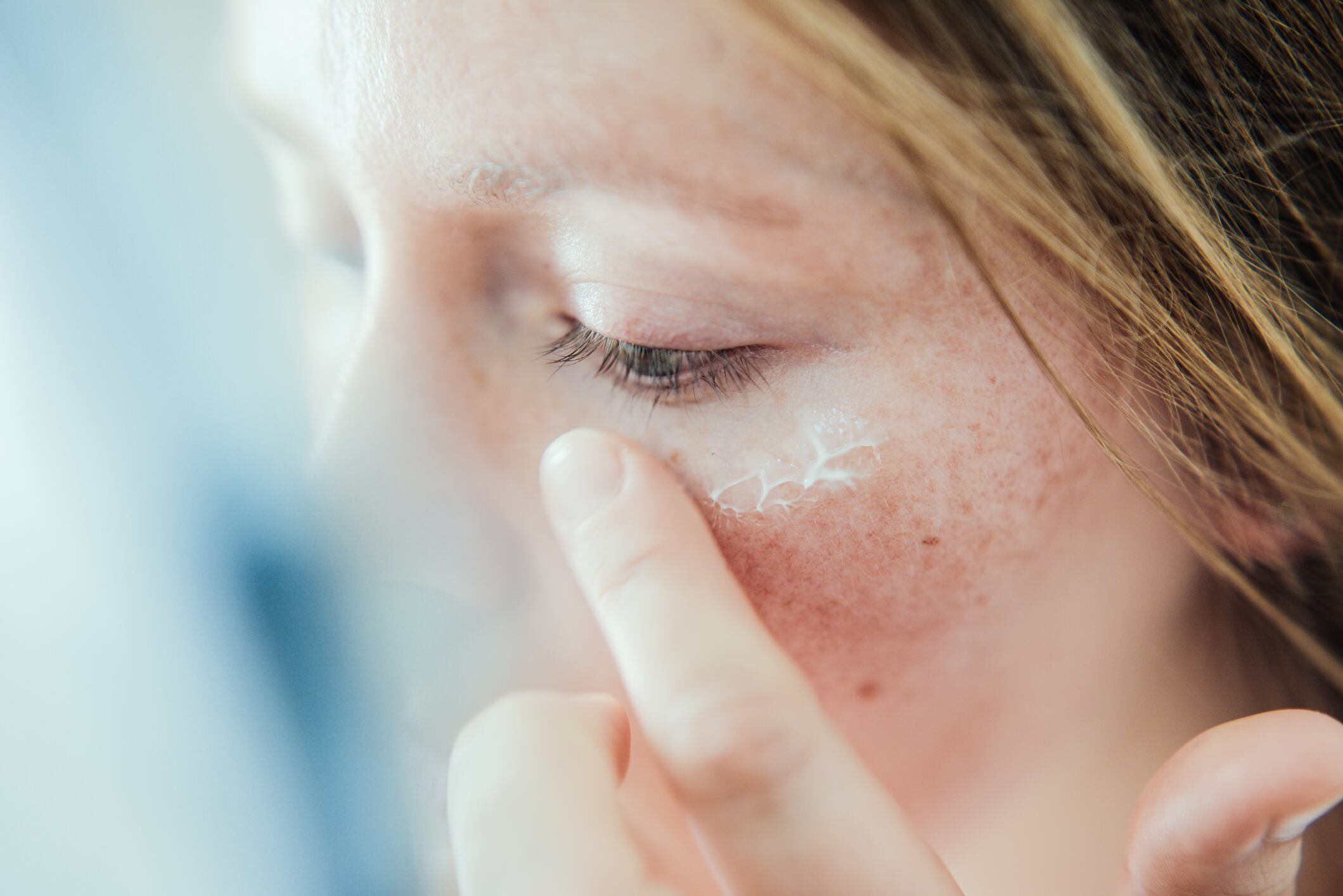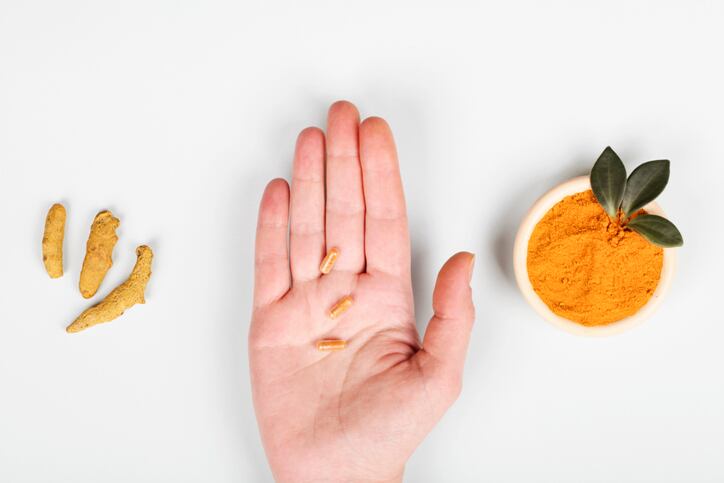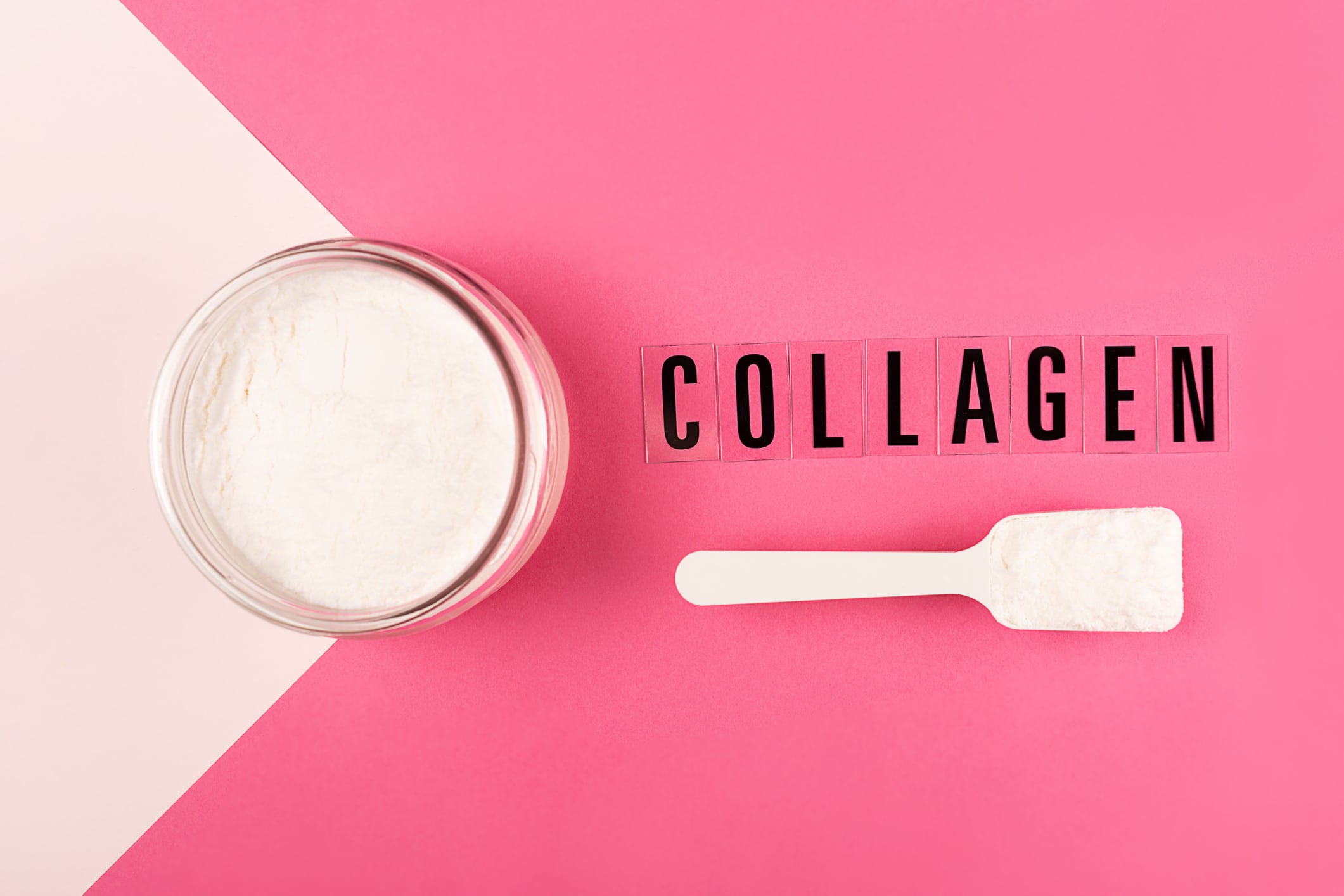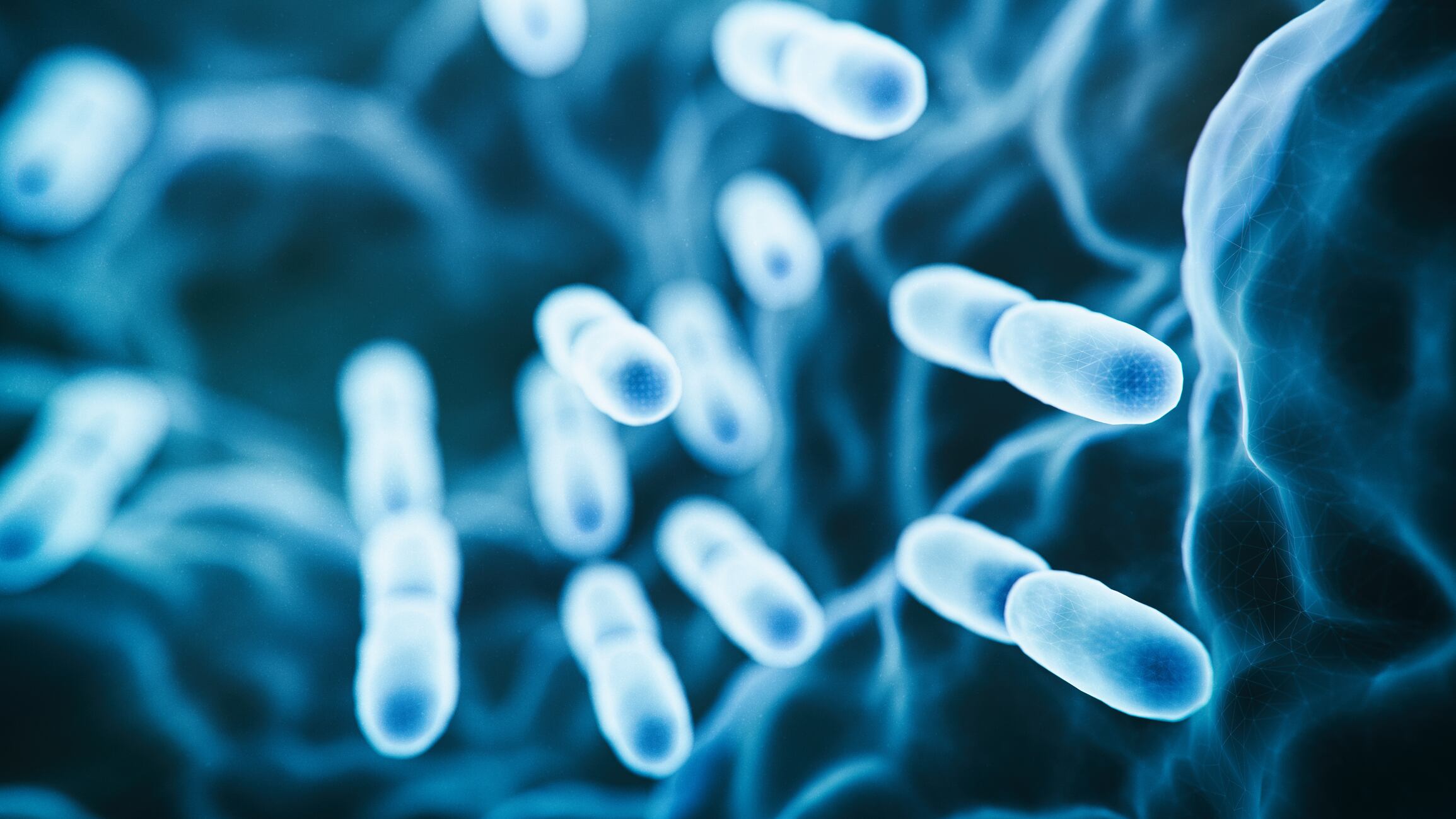In a study published in the Journal of Cosmetic Dermatology, researchers found a flavonoid extract from the Glycyrrhiza uralensis root, Liquiritigenin, may reverse photoaging caused by UVA rays. Liquiritigenin (LQ) reduced stress in keratinocytes, increased APT production efficiency and blocked the loss of skin nutrients. In addition, it promoted collagen synthesis and keratinocyte proliferation.
UVA makes up the majority — 95% — of ultraviolet rays on Earth. The authors write, “long-term exposure to UVA can cause various morphological and histological changes in the skin, resulting in relaxation, dryness, increased wrinkles, abnormal pigmentation, telangiectasia, and functional disorders that can even develop into precancerous lesions and skin malignancies.” As UV radiation increases due to the deterioration of the atmosphere, a stronger emphasis is being placed on preventing or delaying photoaging.
Functionally, UV radiation causes an accumulation of reactive oxygen species which damages lipids, proteins, nucleic acid and organelles. Reactive oxygen species are the number one cause of intrinsic aging, along with genetic factors. Keratinocytes have a response to reduce ROS, but it results in an excessive consumption of nutrients — accelerating the skin aging process.
Glycyrrhiza uralensis is used in cosmetics to provide a whitening and sunscreen effect. LQ has been shown previously to have antioxidant, antibacterial, anti-inflammatory and antitumor properties.
“LQ is a natural antioxidant, and it has been confirmed that it can regulate antioxidant enzyme-related genes by activating the Keap1-Nrf2 antioxidant signaling pathway to exert antioxidant capacity, thereby protecting oxidative damage in the liver, cardiac ischemia, and other diseases. However, there is no literature that reported its protection against oxidative damage to the skin caused by UV light.”
Testing LQ via UVA irradiation
To study the effect of UVA radiation on skin, the authors used human epidermal keratinocytes. They determined whether LQ had photoprotective mechanisms via whole transcriptome sequencing and O2K mitochondrial function assay.
LQ was dissolved and diluted then different concentration gradients were chosen and analyzed, from 5 to 200 micrometers. The mixtures were then incubated for 24 hours before the culture medium was replaced with phosphate-buffered saline. UVA irradiation was performed at a distance of 7.5 centimeters using two UVA lamps. After irradiation, the cells were incubated for 24 hours.
Cells were analyzed via more than a dozen tests and procedures, including Oil Red O Stain, Immunofluorescence, KEGG analysis and Western blot assay. Cell proliferation, reactive oxygen species production, antioxidant enzyme activity and mitochondrial membrane potential were also analyzed.
Key Findings
Regarding the keratinocytes’ response to UVA irradiation, the authors found that “the skin can reduce endogenous ROS by promoting mitochondrial oxidative phosphorylation uncoupling in response to the damage caused by UVA-induced superoxide and lipid peroxidation products.” But this response caused nutrient loss and an energy deficit — resulting in accelerated skin aging.
LQ was found to inhibit the UVA-induced oxidative stress and lipid peroxidation. The authors write the mechanism involved enhancing the antioxidant capacity of keratinocytes. They also found that the elimination of the UVA-induced oxidative stress and lipid peroxidation led to improved ATP generation efficiency and a net energy abundance in keratinocytes.
“Based on the above results, LQ inhibits mitochondrial uncoupling, reduces excessive consumption of nutrients, improves cell net energy, restores cell proliferation vitality, and promotes collagen synthesis to inhibit photoaging. It was shown that LQ is a potential active substance for reversing skin aging.”
Source: Journal of Cosmetic Dermatology
2023 22(3): 719 https://doi.org/10.1111/jocd.15506
“Liquiritigenin reverses skin aging by inhibiting UV-induced mitochondrial uncoupling and excessive energy consumption”
Authors: Lu, Q. et al.




